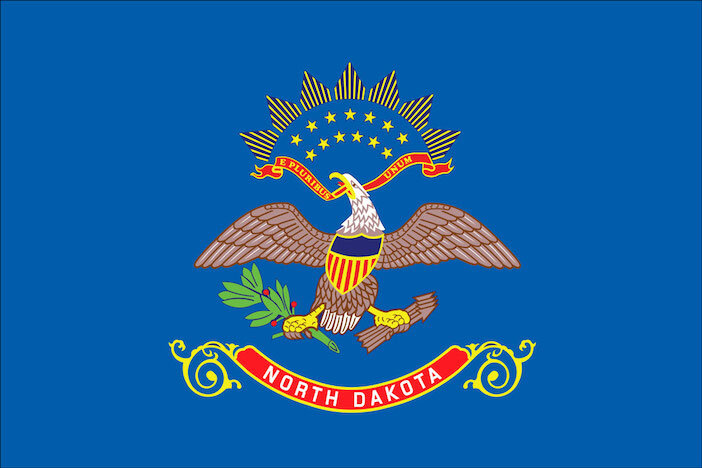
By Blake Nicholson
BISMARCK, N.D. (AP) — North Dakota lawmakers on Monday signed off on rules for the state’s developing medical marijuana program, a necessary move if the drug is to be available to patients later this year.
The Legislature’s Administrative Rules Committee reviewed the dozens of pages of proposed rules that the advisory State Health Council in January approved to cover such things as testing, security and transportation requirements.
The committee didn’t take a formal vote on the rules but did not call for any changes or a delay in implementing them, effectively approving them.
The Health Department expects to announce an application period for medical marijuana manufacturers by the end of the week, said Jason Wahl, director of the Health Department’s Medical Marijuana Division. That will be followed by application periods for dispensaries, patients and caregivers.
State voters approved medical marijuana in November 2016. The law crafted by North Dakota lawmakers last year allows for use of the drug for 17 medical conditions, along with terminal illnesses. The Health Department aims to have the drug available late this year.
State Rep. Mary Schneider, of Fargo, questioned the two-year time lag between voter approval and planned drug availability.
“For people in pain, every day is a day of misery and too long to wait,” she said.
Wahl said the time frame is in line with what other states that have set up medical marijuana programs have experienced — an assertion backed up by the advocates group, Americans for Safe Access.
Wahl said North Dakota also is working to devise a system that will pass any federal government scrutiny. U.S. Attorney General Jeff Sessions in January rescinded an Obama administration policy pledging that federal authorities wouldn’t crack down on legal medical marijuana operations in states, as long as the states maintained tight regulations.
The impact of the decision isn’t known, but Wahl said North Dakota officials believe that well-regulated state programs still will pass muster.
“We were always cognizant of the fact that the federal government would be looking at this program very closely,” he said.
The Health Department held a public comment period late last year on the administrative rules, including six public hearings around the state. Some of the proposed rules were fine-tuned following that process, but other aspects of the program are set in state law and can only be changed by the Legislature, according to Wahl.
One example is the $90,000 fee for a two-year state certificate for a medical marijuana dispensary. Paul Aughinbaugh, who wants to set up a dispensary in Fargo, questioned the amount and whether the state would refund the money if recreational marijuana is ever legalized in North Dakota. Proponents of that are trying to gather enough petition signatures to force a statewide vote.
Should all marijuana become legal, “then what, do we have an empty building?” Aughinbaugh said.
In South Dakota, supporters of a medical marijuana ballot measure submitted roughly 15,000 signatures to the state to put the initiative before November voters. Secretary of State Shantel Krebs’ office will conduct a random sampling to determine if the campaign turned in the 13,871 valid signatures required to qualify for the ballot.
Follow Blake Nicholson on Twitter



